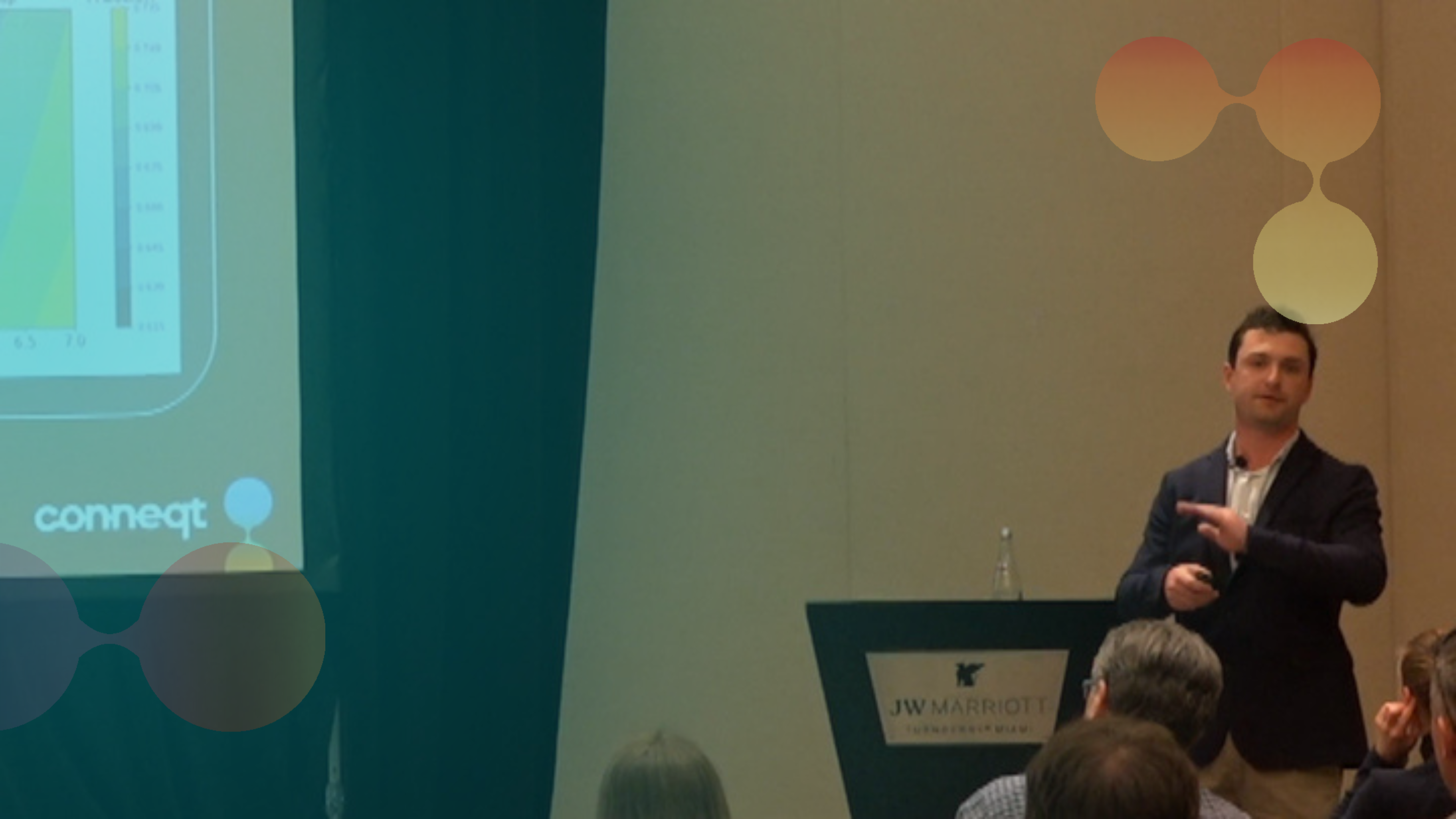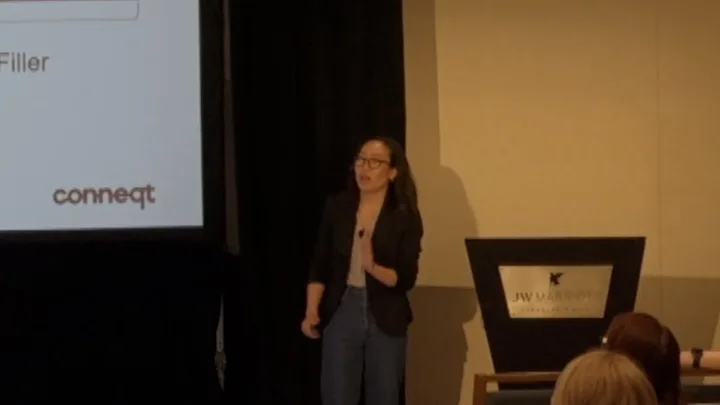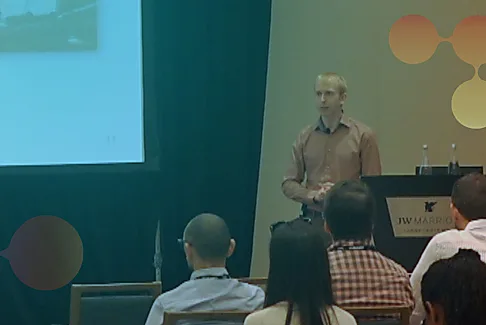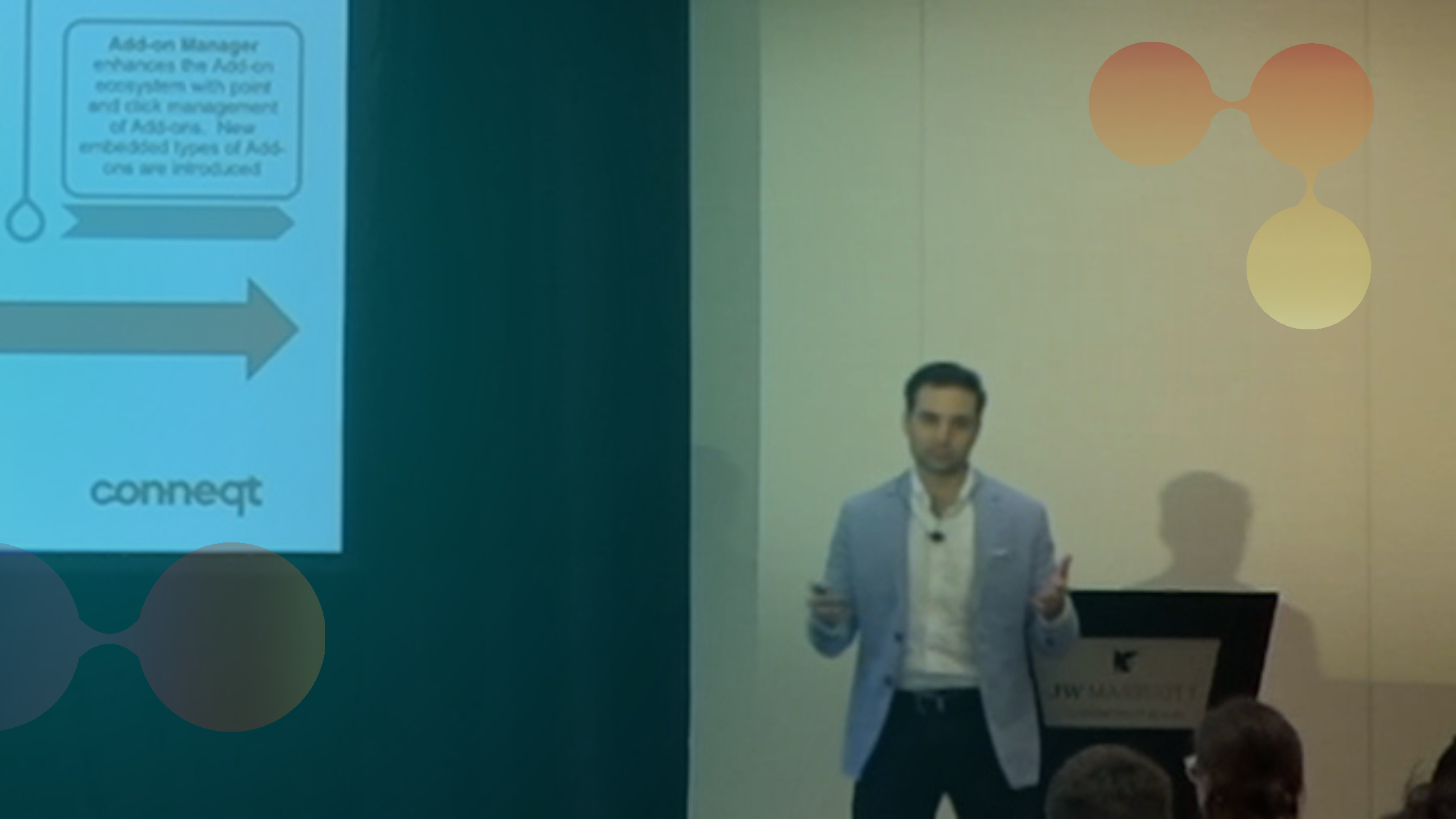

Machine Learning for Sequential Process Optimization
Evan Bean, Digital Manufacturing Engineer, Pfizer
Within the solid dose manufacturing space for small molecule pharmaceuticals, Material-Sparing Tablets (MST) offer a compelling value proposition of comparatively low waste, scalable manufacturability, and low process variability.
A significant roadblock in leveraging latent efficiencies in the MST process train is controlling the significant time and material startup losses associated with first-time-manufactured products. In such products, runtime parameters must be tuned to reach defined product quality attributes where relevant first principle models are often underdefined due to insufficient material knowledge. Thus, it is of interest to deploy a prediction methodology that is both performant and adaptable when operating at a knowledge deficit.
We propose a machine-learning enabled, evolutionary model that learns over the design space of previous equipment operation and improves predictions with the feedback of live process sampling to offer more accurate startup parameters. Successful startups transition the model into a process monitor that performs live calculations of estimated quality attributes and aggregates results as inputs to subsequent models, leveraging Seeq’s time series analysis, forecasting tools, and DataLab engine.
By iterating and crosslinking this methodology over the set of unit operations in the MST train, we create smarter, faster, and more consistent models that reduce startup time and waste on aggregate.



